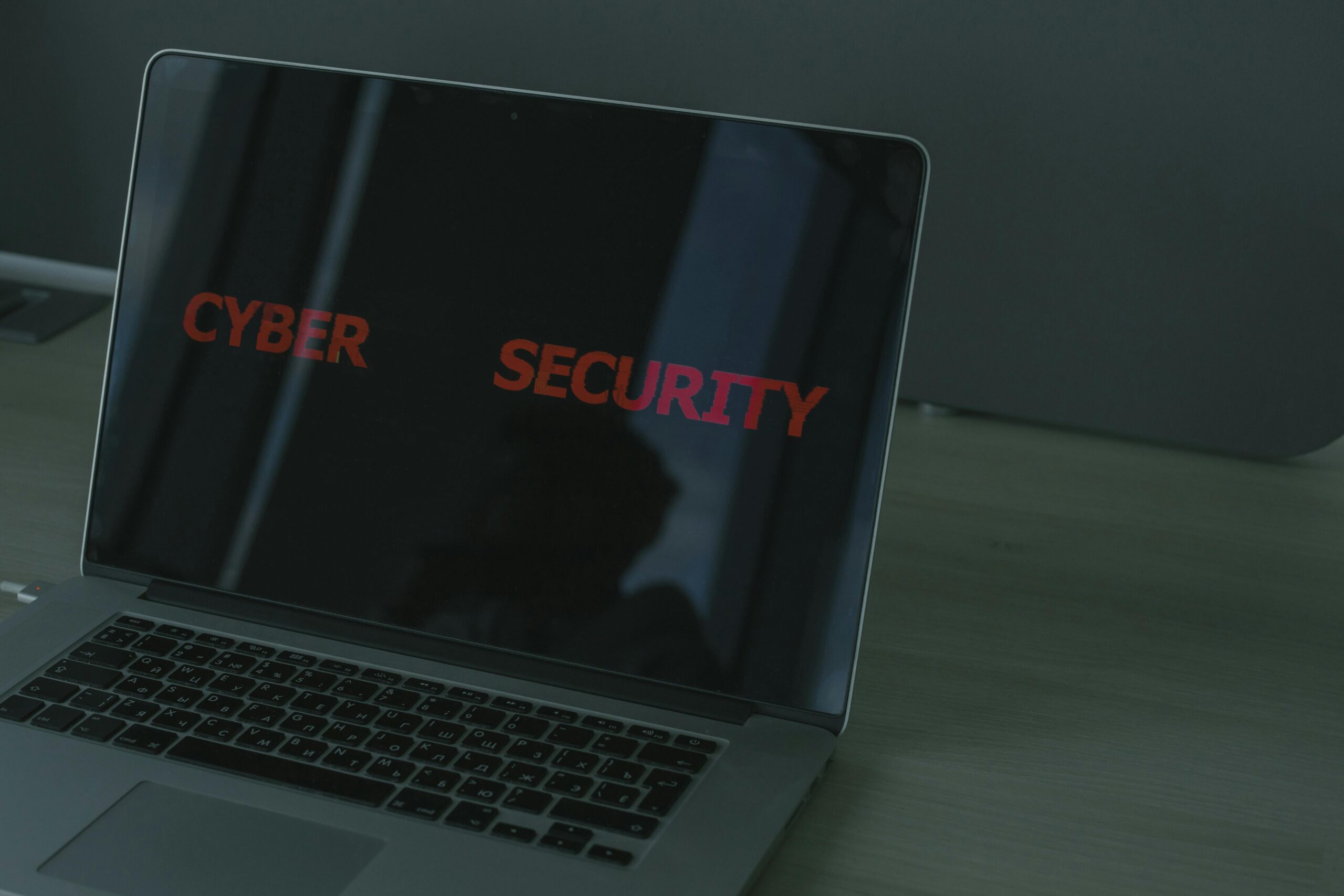Introduction
The importance of a cyber security expert has never been greater in our increasingly connected world.
These highly skilled professionals are the gatekeepers of digital security, protecting sensitive data, critical infrastructure, and personal information from malicious attacks.
Becoming a cyber security expert is a path filled with both obstacles and significant rewards. It requires technical expertise, problem-solving skills, and a constant willingness to adapt to an ever-evolving threat landscape.
5 Key Responsibilities of a Cyber Security Expert
A cyber security expert wears many hats, each contributing to the broader goal of protecting systems and data. Here are the five primary responsibilities:
1. Risk Assessment and Management
Cyber security experts assess a company’s systems to uncover potential weaknesses. They then develop and implement strategies to mitigate risks, ensuring the security of sensitive information.
2. Developing and Implementing Security Measures
From firewalls and intrusion detection systems to encryption protocols, cyber security experts design and deploy measures to prevent unauthorized access and attacks.
3. Monitoring Network Activity
Real-time monitoring plays a crucial role in network security management, enabling experts to identify suspicious activities and potential breaches proactively before they escalate into significant threats.
4. Conducting Regular Audits and Penetration Testing
By simulating cyberattacks, experts can test the robustness of an organization’s defenses, identifying and addressing weak points.
5. Educating and Training Staff
Mistakes made by individuals are a primary factor behind security breaches. Cyber security experts provide training and resources to employees, fostering a culture of security awareness.
Importance of Cyber Security Experts in Today’s World
The rise in cybercrime from phishing scams to ransomware has made the role of cyber security experts indispensable. Here’s why they are critical:
- Protecting Sensitive Data: Cyber security experts safeguard financial records, personal information, and trade secrets from falling into the wrong hands.
- Preventing Financial Losses: The average cost of a data breach is millions of dollars. Experts help organizations avoid such losses through proactive security measures.
- Protecting Operational Stability: Cyberattacks have the potential to halt business activities, resulting in operational interruptions and financial setbacks. Security experts help maintain uninterrupted services.
- Building Trust: A secure system inspires confidence among customers, partners, and stakeholders, fostering stronger relationships.
Master Cyber Security in 5 Essential Steps
Aspiring to become a cyber security expert? Follow these five steps:
1. Pursue Relevant Education
Begin by pursuing a degree in computer science, information technology, or a similar discipline. Some universities offer specialized cybersecurity programs.
2. Obtain Certifications
Certifications like CISSP (Certified Information Systems Security Professional), CEH (Certified Ethical Hacker), and CompTIA Security+ are industry benchmarks.
3. Gain Practical Experience
Internships and entry-level IT roles provide hands-on experience, building the skills necessary for advanced cybersecurity tasks.
4. Stay Updated with Emerging Trends
The cybersecurity landscape evolves rapidly. Staying informed about emerging threats, tools, and technologies is essential.
5. Network with Industry Professionals
Join cybersecurity forums, attend conferences, and connect with experts to learn and grow in the field.
Skills Every Cyber Security Expert Should Master
To excel in their role, a cyber security expert needs a combination of technical and soft skills:
- Technical Proficiency – Mastery of network security, encryption, malware analysis, and ethical hacking.
- Problem-Solving Abilities – Analytical thinking to devise effective solutions for complex security challenges.
- Communication Skills – Explaining technical concepts to non-technical stakeholders is a vital skill.
- Detail-Oriented – A sharp focus on recognizing and resolving weaknesses within systems.
- Adaptability – Staying ahead of evolving threats requires continuous learning and flexibility.
Tools and Technologies Used by Cyber Security Experts
A cyber security experts utilizes a range of tools and technologies to protect systems and information. These include:
- Firewalls and IDS/IPS – Tools like Palo Alto Networks and Snort help prevent unauthorized access.
- SIEM Tools – Splunk, QRadar, and ArcSight provide real-time threat detection and response capabilities.
- Forensic Analysis Tools – Software like EnCase and FTK aids in investigating and analyzing cyber incidents.
- Penetration Testing Tools – Kali Linux, Metasploit, and Nessus are widely used to test system defenses.
- Encryption Tools – Solutions like VeraCrypt ensure data is securely stored and transmitted.
The Role of a Cyber Security Expert in Incident Management
When a cyber incident occurs, a cyber security expert takes the lead in resolving the issue. Their role involves:
- Identification – Assessing the type and extent of the event.
- Containment – Isolating affected systems to prevent further damage.
- Eradication – Removing malicious elements and patching vulnerabilities.
- Recovery – Restoring systems and data while ensuring security measures are in place.
- Post-Incident Analysis – Documenting lessons learned to prevent future incidents.
Challenges Faced by Cyber Security Experts

The job of a cyber security expert is not without challenges. Some of the common hurdles include:
- Rapidly Evolving Threats – Cybercriminals constantly innovate, requiring experts to stay ahead.
- Resource Constraints – limited resources, such as constrained budgets and insufficient staffing, can impede the implementation of effective security measures.
- Balancing Security and Usability – Achieving the right balance between security and usability requires carefully integrating strong protective measures while ensuring a seamless user experience.
- High Stress Levels – The high stakes of the job can lead to burnout.
5 Industry Sectors Where Cyber Security Experts Are Vital
Certain industries depend heavily on cyber security experts to protect their operations:
- Finance – Ensuring secure transactions and protecting customer data.
- Healthcare – Safeguarding sensitive patient information and medical devices.
- Government – Protecting national security and critical infrastructure.
- E-Commerce – Securing payment gateways and customer information.
- Education – Protecting intellectual property and student data.
Future Trends and Opportunities for Cyber Security Experts
The field of cybersecurity is constantly evolving. Emerging trends include:
- AI and Machine Learning – Streamlining the automation of threat identification and response.
- Cloud Security – Protecting data in cloud-based environments.
- IoT Security – Securing billions of interconnected devices.
- Zero Trust Architecture – Strengthening security by requiring verification for all access.
- Blockchain Technology – Enhancing data integrity and security.
The Increasing Global Need for Cybersecurity Professionals
With the increasing frequency and sophistication of cyberattacks, the demand for proficient cyber security experts is rising swiftly. Governments, corporations, and startups alike are seeking skilled professionals to fortify their defenses.
According to industry reports, the cybersecurity job market is expected to grow exponentially, creating lucrative opportunities for aspiring experts.
How Organizations Evaluate a Cyber Security Expert
When hiring a cyber security expert, organizations consider several factors:
- Certifications and Education – Validating technical knowledge and expertise.
- Experience – Practical experience in handling real-world security challenges.
- Problem-Solving Skills – The ability to think critically and act decisively under pressure.
- Adaptability – Staying updated with evolving technologies and threats.
- Cultural Fit – Aligning with the organization’s values and goals.
Establishing a Thriving Career in Cybersecurity
To thrive as a cyber security expert, consider the following tips:
- Ongoing Education – Participate in workshops, conferences, and digital courses to further develop your expertise.
- Networking – Build relationships with industry professionals through conferences and forums.
- Specialization – Focus on areas like cloud security, ethical hacking, or forensics to stand out.
- Guidance – Connect with seasoned experts who can help steer you through your professional journey.
Inspirational Success Stories of Cyber Security Experts
Many cyber security experts have made significant contributions to the field. From ethical hackers exposing major vulnerabilities to analysts thwarting large-scale cyberattacks, their stories inspire the next generation of professionals.
These experts demonstrate that with passion, dedication, and continuous learning, anyone can excel in the cybersecurity industry.
Conclusion
The role of a cyber security expert is indispensable in today’s digital age. These professionals protect the foundations of modern society, ensuring that businesses and individuals can operate securely in a connected world.
With the right skills, determination, and continuous learning, anyone can embark on a fulfilling career in cybersecurity, making a real impact on the world’s digital future.
As cyber threats evolve, the demand for knowledgeable, resourceful, and proactive experts will only continue to rise, presenting endless opportunities for those willing to rise to the challenge.
Frequently Asked Questions (FAQs)
1. What is a cyber security expert?
A cybersecurity expert protects computer systems and networks from cyber threats like hacking, malware, and data breaches.
2. What are the top 3 skills for cyber security experts?
The top three skills are threat detection, ethical hacking, and proficiency in security tools.
3. What qualifications do you need to be a cyber security expert?
Qualifications typically include a degree in computer science or a related field, certifications like CISSP or CEH, and hands-on experience.
4. Is cybersecurity a high paying job?
Yes, cybersecurity is a high-paying job, with salaries often exceeding the national average due to high demand.










